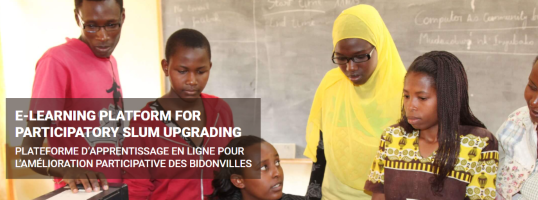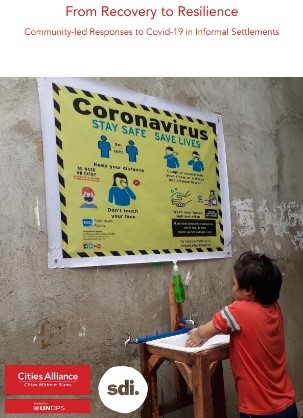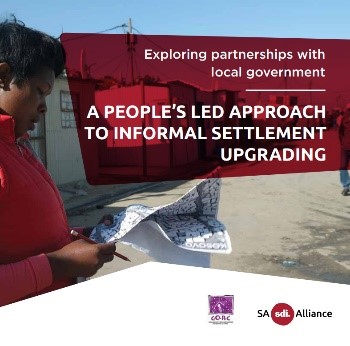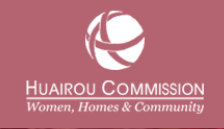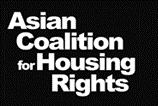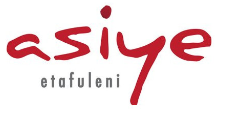Grassroots and Informal Settlements
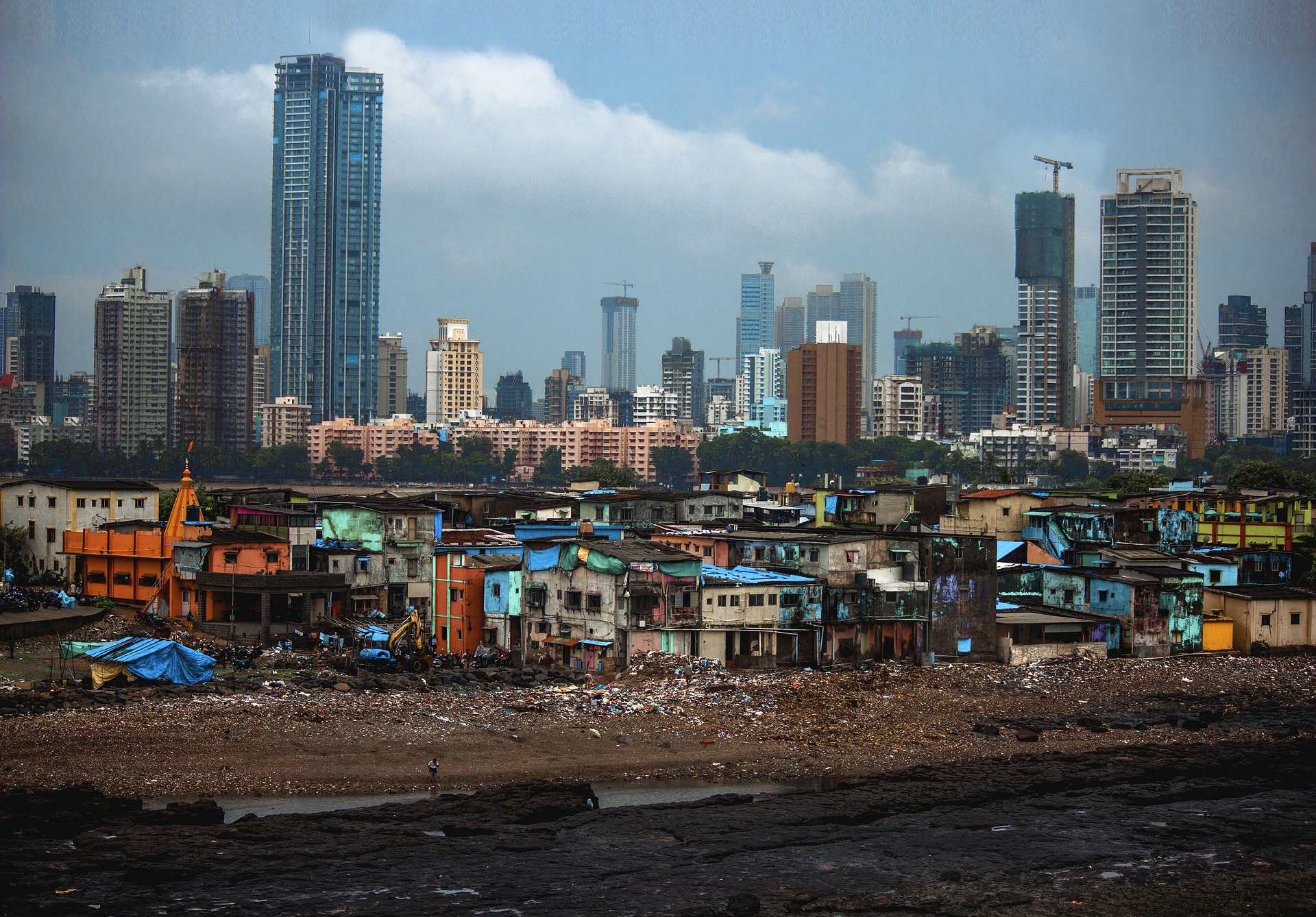
About
Grassroots women, informal settlements and slum dwellers associations are at the forefront in building inclusive, safe, resilient, and sustainable cities and communities. They have built a movement that works collectively for action on a common set of locally driven objectives that seek to influence policies, programmes, and key decisions that effect change at local, national, regional, and global level.
These groups are the first responders to any crises and are critical contributors to solutions, which are a better fit to the local context. With the continued effect of the global health crisis of the COVID-19 pandemic, grassroot organizations continue to support marginalized and vulnerable communities in building forward better post COVID-19. Grassroots Movements are associated with bottom-up decision making, encouraging community members to contribute by taking responsibility and action for their community.
The COVID-19 pandemic and pandemic responses, such as government lockdowns, have highlighted and exacerbated many of the chronic stresses urban poor communities live with and struggle against daily. As such, effective solutions to « build back better » need to be about more than COVID-19 response and recovery: they must address the need for sustainable, inclusive, and pro-poor urban development that provides communities with meaningful opportunities to work with government and other stakeholders to address issues such as secure tenure, food security, livelihood opportunities, and basic services like water and sanitation, as well as the need for accurate Community data to drive government responses in times of crisis.
Over many decades, organized grassroots communities have shown that they have the social networks and systems in place to respond efficiently and effectively to disasters and chronic stress. They have demonstrated their critical role to governments and development partners as reliable actors at the forefront of provision of information on and services to the most vulnerable. Indeed, with lockdowns and government restrictions, many external organizations were unable to access the vulnerable communities where these communities live and work, highlighting the immense value of working directly with grassroots organizations and networks. They will continue to advocate and catalyze positive change in their communities.
UN-Habitat E-learning Platform for participatory slum upgrading
The e-learning platform of myPSUP is open to all who are willing to learn more about slum upgrading. The courses in this platform will help you understand the main challenges of, and UN-Habitat’s approach to, slum upgrading, and gain in depth knowledge about relevant areas for the set up and the implementation of impactful interventions.
From Recovery to Resilience
Since early 2020, the Covid-19 pandemic and pandemic responses such as government lockdowns have highlighted and exacerbated many of the chronic stresses urban poor communities live with and struggle against daily. As such, the strategies supported by this SDI / Cities Alliance partnership are about more than Covid-19 response and recovery: they are about sustainable, inclusive, and pro-poor urban development that provides communities with meaningful opportunities to work with government and other stakeholders to address issues such as food security, access to livelihood opportunities, skills training, and basic services like water and sanitation, as well as the need for accurate slum data to drive government responses in times of crisis. The examples provided in this document highlight how federations have the information, knowledge, and skills to work with government and other stakeholders to implement effective, scalable solutions to chronic and acute urban challenges.
A people’s led approach to informal settlement upgrading
Upgrading informal settlements is now widely accepted by governments and international agencies as the most effective way to improve conditions for their inhabitants. Such upgrading is endorsed by the Sustainable Development Goals along with a commitment to ensure access for all to adequate, safe and affordable housing and basic services by 2030. Even where upgrading is accepted, there are still many challenges. This publication draws from the rich and varied experiences in upgrading of the South African SDI Alliance, in particular the Informal Settlement Network (ISN) and Federation of the Urban and Rural Poor (FEDUP). It describes the community-led practices for upgrading and the tools that support these, especially mobilizing through savings and data collection. It describes how these examples helped change national government policies towards commitments to community-led upgrading. It also describes a decade of partnerships with local governments that sought to greatly increase the scale of upgrading and reflects on where this worked well – and less well. What makes this publication so interesting and so relevant is its discussion on what has been learnt on the challenges of scaling up upgrading, without diminishing community engagement and control. It provides valuable learning of relevance to all grassroots organizations on how to support community-led upgrading and how to get local government support at scale, without diminishing community engagement and control. It also shows how grassroots-led upgrading can open up new development possibilities that government and professionals are unable either to see or to realize.
